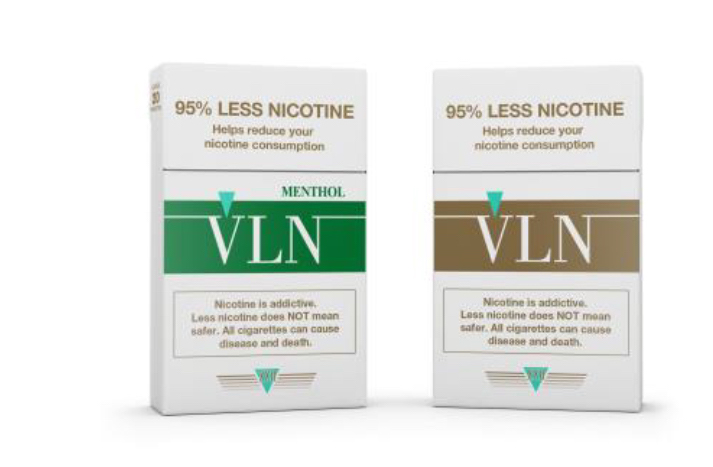| Written by Ted Jackson | A number of years ago, in the 1990s, the Lemon family, a very large, very Catholic brood, took on a project they looked upon as a civic duty but that also, it turns out, became a pretty unique business opportunity. Decimated by thinning ranks of churchgoers, and even fewer who are willing to take vows in a life’s calling, Catholic facilities have been closing nationwide at a rapid rate, giving rise in some cases to extraordinarily attractive redevelopment opportunities. But not so much in the Quad Cities, a grouping of five municipalities scattered around the Mississippi River on the Illinois/Iowa border right smack in the middle of the decidedly unsexy Midwest. The Quad City property that needed redevelopment was an abbey in Bettendorf, IA, that Joe Lemon, an attorney with a business bent, turned into a regional destination, the only Four Star hotel for many miles around.
Civic Duty But after more than a decade of turning nice profits at The Abbey, as Hazelden: 800 Pound Midwest Gorilla Of course, world famous Hazelden, based in its renown campus on the outskirts of the Midwest near Minneapolis, is not only a major treatment facility, but arguably also the nation’s leading addictions clinical training mecca, And it has traditionally been the 800 pound gorilla of the Midwest private addictions treatment marketplace. With fiscal 2007 revenues slightly more than $100M, Hazelden has over the decades built an impressive Midwest regional alumni base, drawing clientle from big metro areas like Chicago, which has a treatment industry that is heavily med-surg oriented with a complete lack of boutique, specialty facilities. Other regional players, like Rosecrance or Proctor, are also not considered high-end, although both have very significant national reputations. “Frankly, had we known about the treatment business opportunity, we would likely not have gone with the hotel, but would have opened a center right away,” says Abbey founder Joe Mother Lode Opportunity If there is a mother lode Midwest boutique opportunity it is likely to be found in serving the 10M population Chicagoland metro area, which has virtually no high-end treatment at all, boutique or otherwise. About ten years ago, seeking to leverage off its deep local alumni list, as well as decades of marketing aimed at getting clients for its national center, Hazelden bought a choice property near Downtown – the former Russian Consulate – and opened a center. Unfortunately, Hazelden’s Chicago foray has proven succsessful mostly on that real estate play, with the foundation scaling back its operating plans and in fiscal 2007 generating less than $2M of revenue from its Chicago facility. Almost to the same extent as in the Northeast, Midwest treatment consumers are used to paying for treatment simply by pulling out their insurance cards. In California, the birthplace of the boutique center, consumers will pull out their Visas as the West Coast high-end arena is largely private pay. Lemon will have to get Midwest addiction consumers to start acting more like West Coasters. |


 the hotel was called, Lemon has returned more to the original civic mission of the property, converting it into one of the few boutique addiction treatment enterprises to be found anywhere in the Midwest. Also called The Abbey, the new center opened late last year. And other old catholic properties are also going treatment. In in the Northwest, for example, a new woman’s center will soon open in a former convent.
the hotel was called, Lemon has returned more to the original civic mission of the property, converting it into one of the few boutique addiction treatment enterprises to be found anywhere in the Midwest. Also called The Abbey, the new center opened late last year. And other old catholic properties are also going treatment. In in the Northwest, for example, a new woman’s center will soon open in a former convent. Lemon, adding that treatment more befits the civic mission of an abbey property. A quick glance at The Abbey’s website reveals Lemon’s strategy. On the homepage is a list of major Midwest municipalities and the short driving distance to The Abbey.
Lemon, adding that treatment more befits the civic mission of an abbey property. A quick glance at The Abbey’s website reveals Lemon’s strategy. On the homepage is a list of major Midwest municipalities and the short driving distance to The Abbey. 








